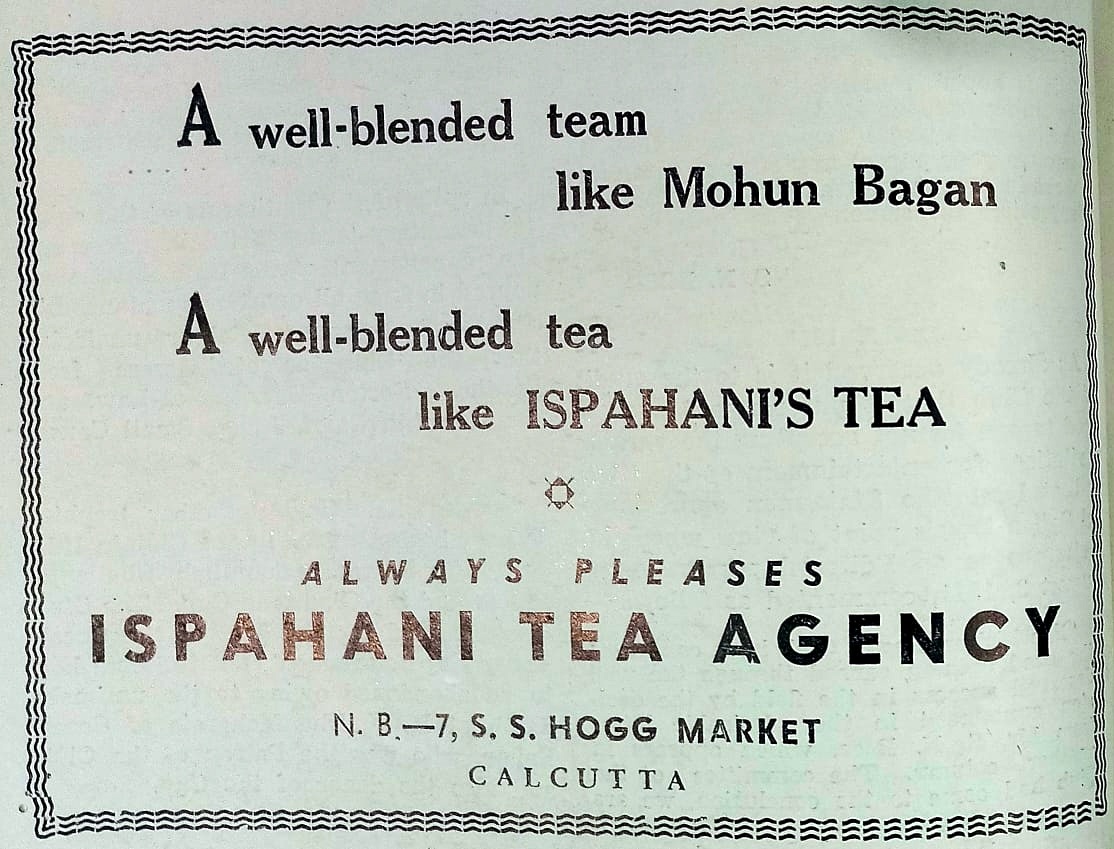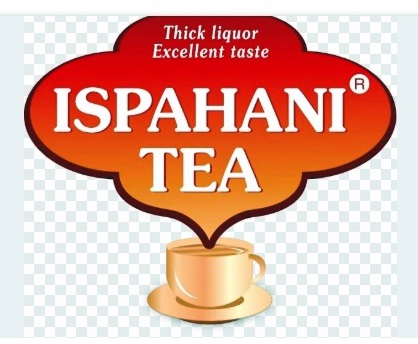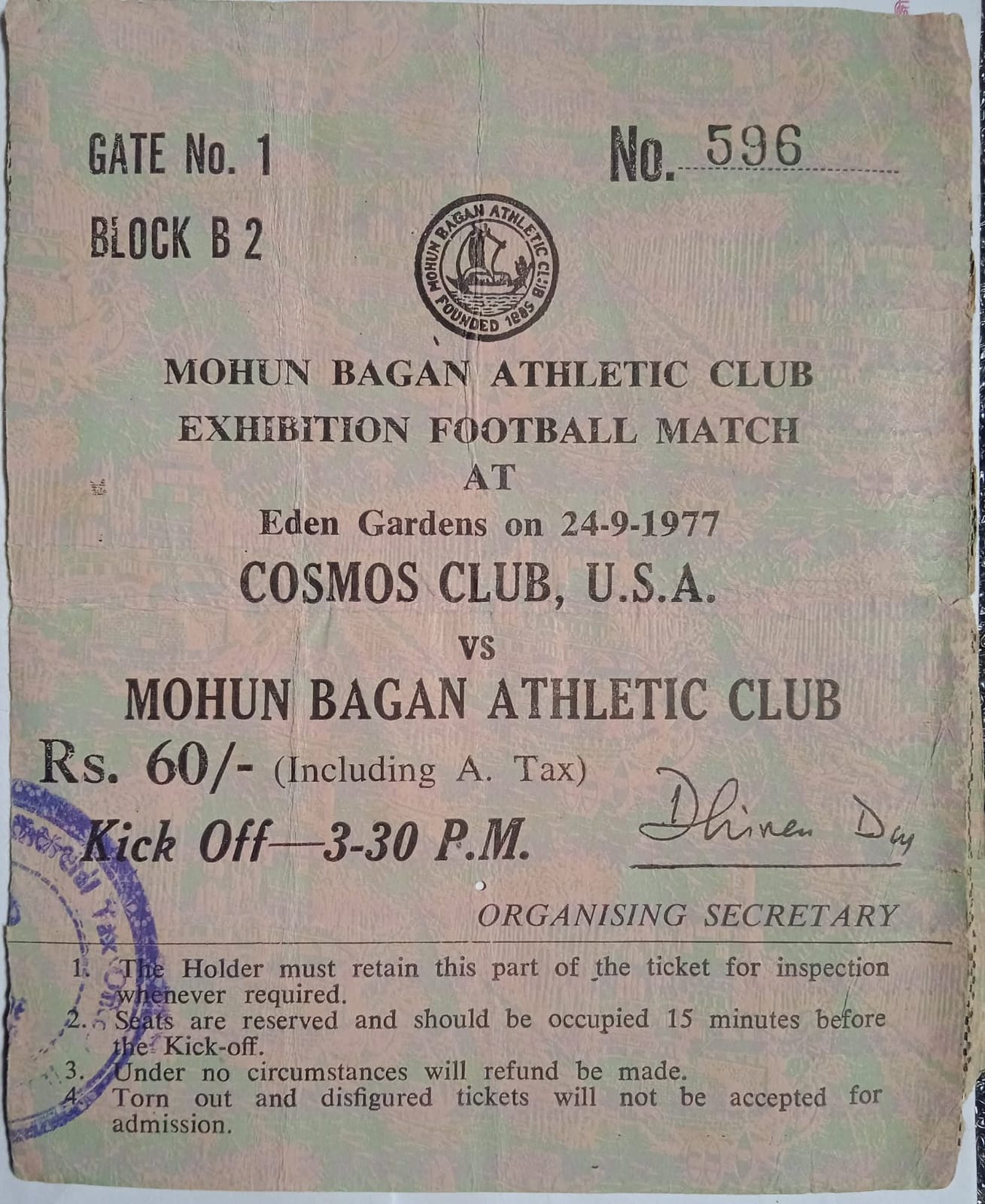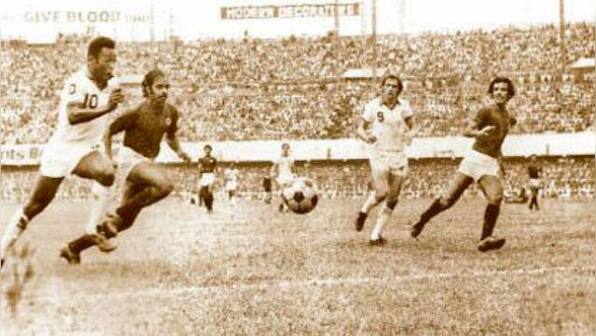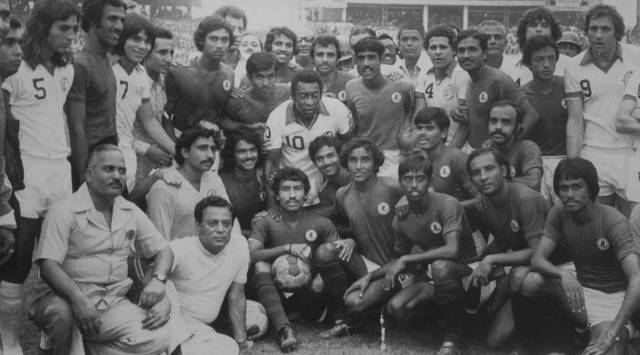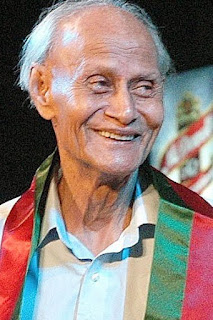The advertisement will surely catch a mariner’s eye …
Yes. Ispahani. It’s quite significant, the word is derived from the Iranian city Ispahan or Isfahan. The name has now turned almost a household one in the drawing rooms of the Mohun Bagan fans. Once upon a time, traders from Iran (might be the Parsis) came to undivided India from that city in Iran and started the operations of their famous tea business in Kolkata, Dhaka, Hyderabad and some cities of South India. However, Google uncle might give one some light on their current activities. The image below is doubted to be the crest of the continuation of the same agency though.
As we all know, Mohun Bagan was recently scheduled to play an ACL 2 match against Sepahan Club in the city of Isfahan. And now, the entire Mohun Bagan community is stirred over the fact of not turning up there to play upon security concern. In the meantime, while walking down the glorious memory lane, this advertisement from the souvenir published by our club in 1949 on the occasion of the Diamond Jubilee came into notice.
The brilliant marvel of the past seems to have suddenly assumed a new form on the grey canvas of the present.

